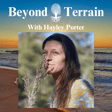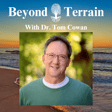
Mary Ruddick on Learning from Traditional Cultures, the Psyche, Curiosity, Goals, and So much More!
This week we are joined by Mary Ruddick! The episode begins with a discussion on psychology and the amelioration of the psyche. We discuss an internal vs. external approach to healing the psyche, which can be extrapolated to the physical realm. We covered neutrality, humility, seeking comfort in failure, and the power of curiosity and goals. Concepts of purpose and meaning were also pertinent to the conversation.
In the second half of the episode, we discussed Mary's experience exploring many traditional cultures. She highlighted many amazing things that she's learned, and we discuss how we, as a modern people, can learn from these cultures, as they have so much to teach us.
It was an amazing episode. I hope you enjoy it!
Learn from me
https://www.instagram.com/beyond.terrain/
https://linktr.ee/beyondterrain
Support the vision
Share!!!
BCH: bitcoincash:qq7eq276ylanluc5e39unrqshkvs9xsemg07yxezf7
ETH: beyondterrain.eth
BTC: bc1qqwc470ktgj3l4myqxr5hq67rnlqys0qm98u6f0
https://www.buymeacoffee.com/beyondterrain
Support and Learn from Mary
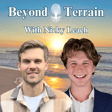
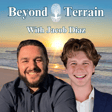
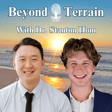
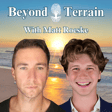

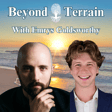
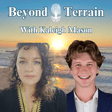
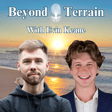
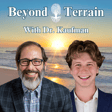
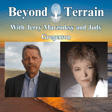

![DNA Doesn't Exist & Genomic Nonsense with Dr. Jerneja Tomsic [Part 2] image](https://media.zencastr.com/cdn-cgi/image/width=112,quality=85/image-files/652933f3a749dc383eb375de/ce5a5fd9-98c9-44fe-9b4b-3d0cd5abcf29.png)

